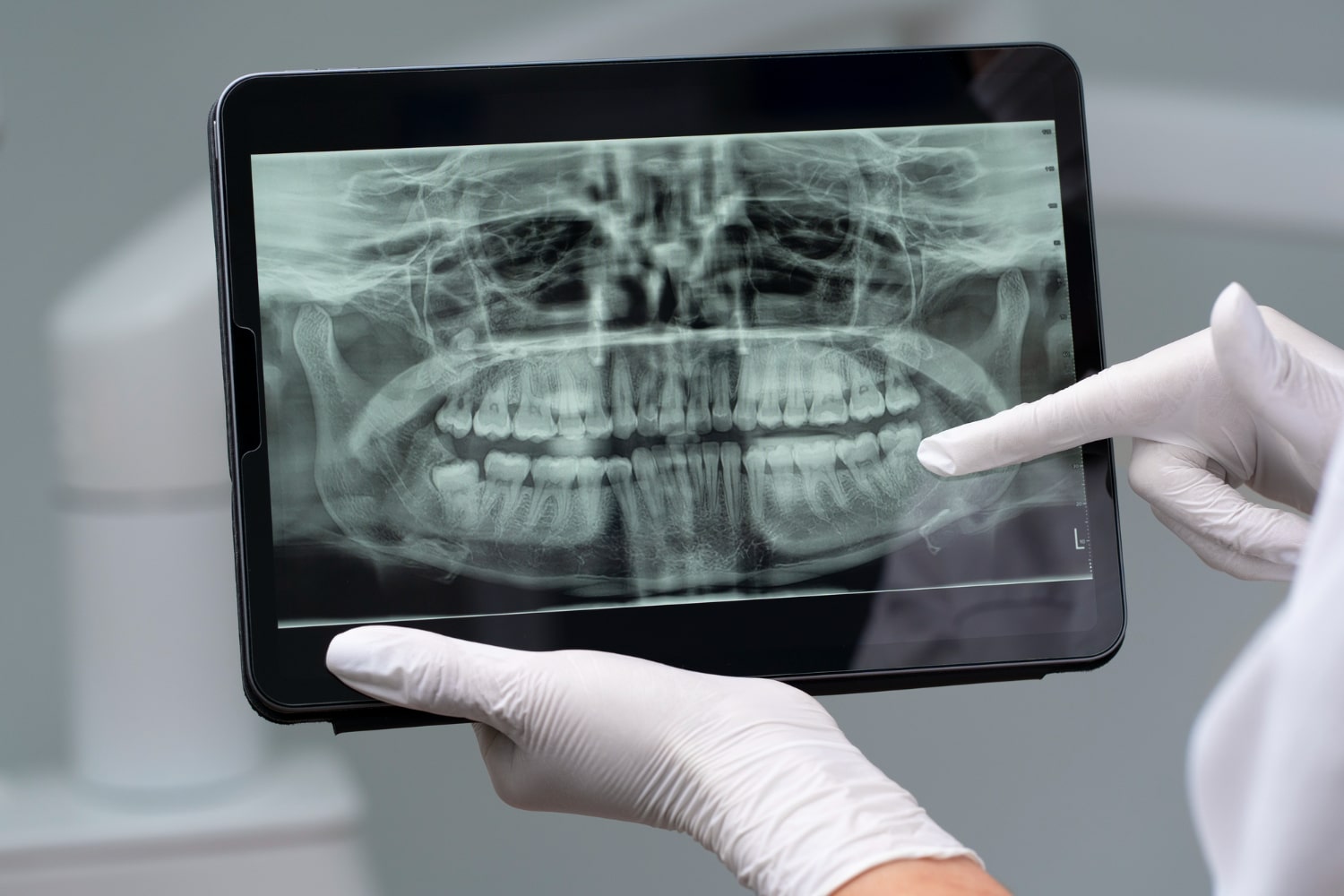Sticky Foods and Your Smile in Peril
We all know that diet plays a crucial role in maintaining a healthy body. But did you know it affects your teeth and gums too? Yes, the foods you eat can either protect your dental health or harm it. While many of us are aware of the usual suspects like sugary snacks, there are other foods, particularly sticky ones, that pose a significant threat to our oral hygiene. In this blog post, we will explore the top 10 sticky foods that can harm your teeth and gums, provide healthier alternatives, and share practical tips for maintaining oral hygiene after indulging in these delicious yet dangerous treats.
Sticky Candies
Why They’re Harmful
Sticky candies like caramels, gummies, and taffy cling to your teeth for an extended period. This prolonged contact allows sugar to feed harmful bacteria in your mouth, leading to plaque buildup and cavities.
The Aftermath
Once these candies latch onto your teeth, they can be challenging to remove. Brushing alone might not suffice, necessitating flossing and sometimes even a dental visit to clean out the residue thoroughly.
Better Alternatives
Instead of reaching for sticky candies, consider chewing sugar-free gum. It helps stimulate saliva production, which naturally cleanses your mouth and removes food particles.

Dried Fruits
Why They’re Harmful
While dried fruits like raisins, apricots, and figs are often considered a healthy snack, their sticky texture can adhere to your teeth just like candy. They also contain concentrated sugars that can accelerate tooth decay.
The Aftermath
The sticky nature of dried fruits makes it easier for them to get trapped between your teeth, making it difficult to clean effectively with regular brushing.
Better Alternatives
Fresh fruits such as apples or pears are a better option. They have higher water content, which helps wash away sugars and food particles, promoting better dental health.
Peanut Butter
Why It’s Harmful
Peanut butter is nutrient-rich but its sticky and thick consistency can adhere to teeth. This creates a breeding ground for bacteria, leading to plaque and cavities if not cleaned properly.
The Aftermath
Leftover peanut butter in the nooks and crannies of your teeth can be tough to remove, requiring thorough brushing and possibly even flossing to ensure your teeth are clean.
Better Alternatives
Consider almond butter, which is less sticky, or opt for natural peanut butter without added sugars. Always rinse your mouth or brush your teeth after consuming it.
Chewy Protein Bars
Why They’re Harmful
Popular among fitness enthusiasts, chewy protein bars often contain sticky ingredients like honey, syrup, or molasses. These can cling to your teeth and provide sugar for bacteria to thrive, leading to dental issues.
The Aftermath
The dense and sticky nature of protein bars can make them difficult to clean off your teeth, potentially leading to decay if not addressed promptly.
Better Alternatives
Opt for protein bars that are less sticky and lower in sugar. Alternatively, snack on a handful of nuts or a boiled egg for a protein boost without the stickiness.
Fruit Snacks
Why They’re Harmful
Though marketed as a healthy option for kids, fruit snacks are usually loaded with sugar and have a sticky texture. They stick to teeth and can cause rapid plaque buildup.
The Aftermath
The sticky residue left by fruit snacks can be challenging to clean, especially in hard-to-reach areas, leading to cavities and gum problems.
Better Alternatives
Fresh fruits or vegetable sticks like carrots and celery are much better choices. They are not only healthier but also help in naturally cleaning your teeth.
Caramel Popcorn
Why It’s Harmful
Caramel popcorn is a double whammy—sticky caramel and crunchy popcorn bits. The caramel coats your teeth, while popcorn kernels can get stuck between teeth and gums, causing irritation and decay.
The Aftermath
The sticky caramel is tough to remove, and leftover popcorn bits can become lodged in gum lines, making you prone to infections and cavities.
Better Alternatives
Air-popped popcorn without added sugars or butter is a healthier and less sticky alternative. It satisfies the craving without compromising your dental health.
Toffee and Brittle
Why They’re Harmful
Toffee and brittle are hard, sticky candies that can easily get stuck in the crevices of your teeth. The combination of hardness and stickiness makes them particularly detrimental.
The Aftermath
These candies are notorious for sticking to teeth, and their hardness can even chip or break a tooth. Brushing and flossing are crucial after consuming them.
Better Alternatives
If you crave something sweet, dark chocolate is a better option. It’s less sticky and easier to clean off your teeth.
Marshmallows
Why They’re Harmful
Marshmallows may seem harmless, but their sticky texture can adhere to your teeth and gums, providing an ideal environment for bacteria to grow.
The Aftermath
The sticky residue can be difficult to clean, especially if marshmallows are consumed in large quantities or left on the teeth for extended periods.
Better Alternatives
Consider healthier snack options like yogurt or a piece of fruit. If marshmallows are a must, make sure to clean your teeth soon after eating them.

Honey
Why It’s Harmful
Despite its many health benefits, honey is incredibly sticky and can cling to your teeth, feeding harmful bacteria and leading to decay.
The Aftermath
Honey’s stickiness can make it adhere to teeth longer than other sweeteners, necessitating thorough brushing and rinsing to ensure it’s removed.
Better Alternatives
Use honey sparingly and ensure you rinse your mouth or brush your teeth after consuming it. Opt for other natural sweeteners like stevia, which are less sticky.
Gummies
Why They’re Harmful
Gummy vitamins or candy might seem like a fun and easy way to take your vitamins, but their stickiness can cause significant dental issues.
The Aftermath
Gummies tend to stick in the grooves of your teeth, making them hard to clean out completely, which can lead to cavities and other dental problems.
Better Alternatives
Consider taking non-sticky vitamin alternatives like capsules or liquid supplements. When it comes to candy, opt for less sticky options and practice good oral hygiene afterward.
Alternative Healthy Food Options
Whole Fruits
Whole fruits are less likely to stick to your teeth and often help in cleaning your teeth naturally. Apples, pears, and strawberries are excellent choices.
Crunchy Vegetables
Vegetables like carrots, celery, and cucumbers are great for your teeth. Their crunchy texture helps scrub your teeth, removing food particles and plaque.
Cheese and Dairy
Cheese and other dairy products are not just good for your bones but also for your teeth. They help neutralize acids in your mouth, reducing the risk of cavities.

Tips for Maintaining Oral Hygiene After Consuming Sticky Foods
Rinse Your Mouth
After eating sticky foods, rinse your mouth with water to help remove any lingering food particles. This simple action can significantly reduce the risk of cavities.
Brush and Floss
Brushing your teeth at least twice a day and flossing daily are essential practices, especially after consuming sticky foods. Ensure you reach all areas, especially where food particles are likely to stick.
Use Mouthwash
Using an antiseptic mouthwash can help kill bacteria and remove food particles that brushing and flossing might miss. It adds an extra layer of protection for your teeth and gums.
Conclusion
Maintaining good dental health is essential for overall well-being. Understanding which sticky foods can harm your teeth and gums and taking steps to mitigate their effects is crucial. By making smarter food choices and practicing excellent oral hygiene, you can enjoy a healthier smile.
For personalized dental care and advice, don’t hesitate to contact Legacy Dental in Boyton Beach, FL. Our team of experts is here to help you achieve optimal dental health. Remember, a balanced diet and good oral hygiene go hand in hand for a bright, healthy smile!



